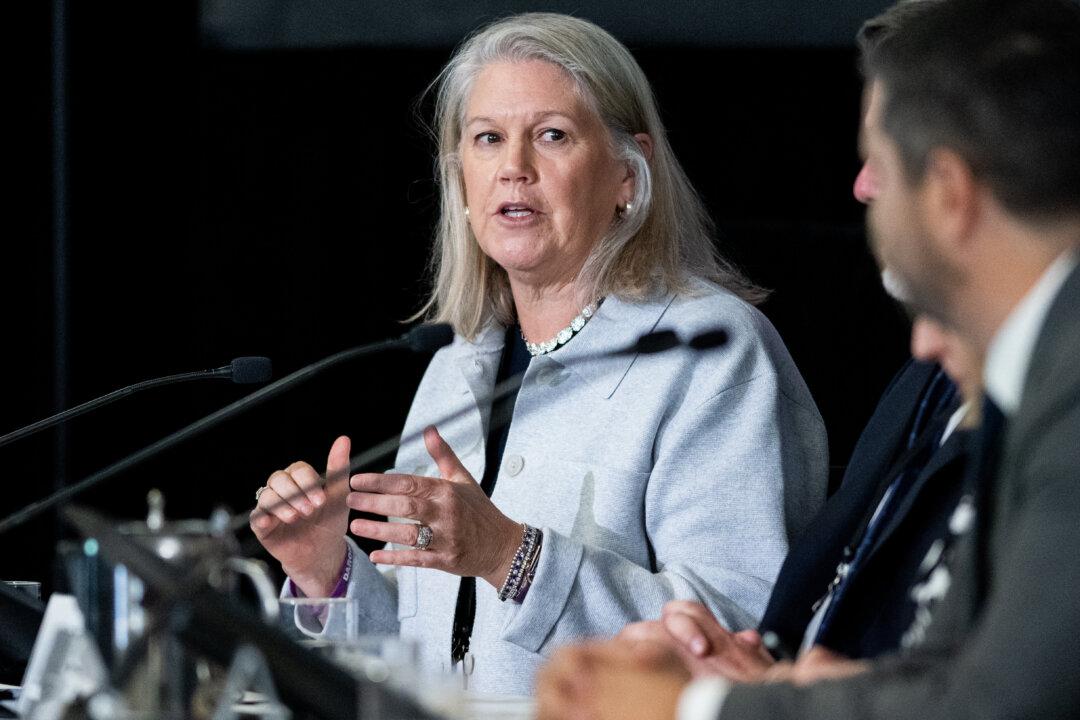The prime minister’s former top adviser on matters of intelligence, Jody Thomas, says she was not responsible for two major reports about Chinese interference not being distributed to senior levels of government.
Thomas, who served as National Security and Intelligence Advisor (NSIA) until January, testified at the Foreign Interference Commission on Oct. 9. In her role as NSIA, Thomas made decisions that impacted the distribution of the reports.





